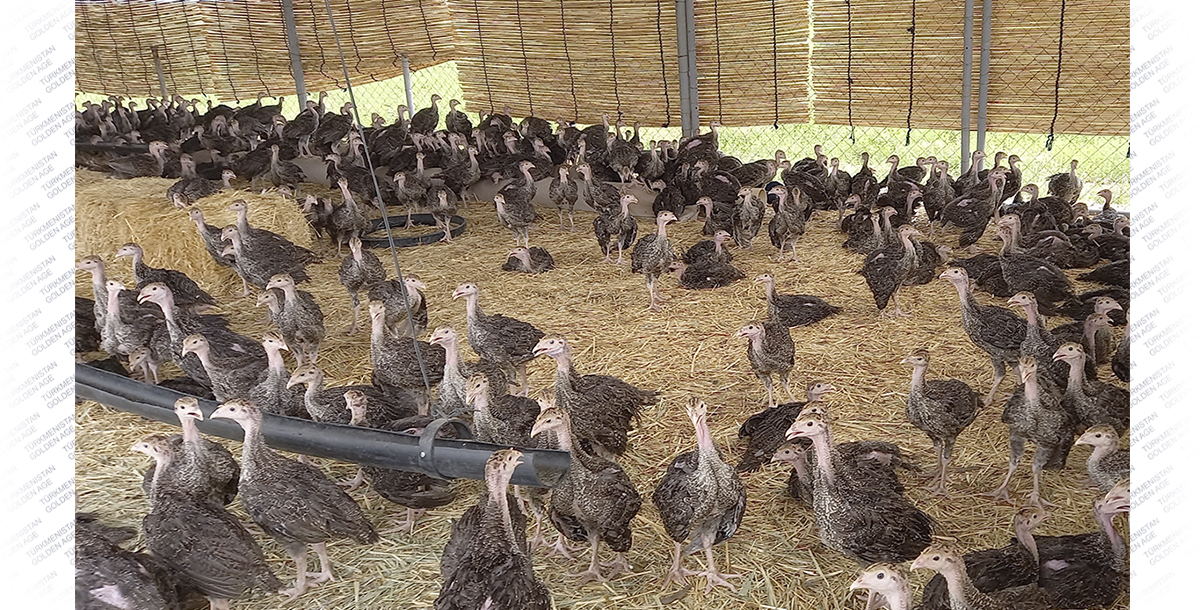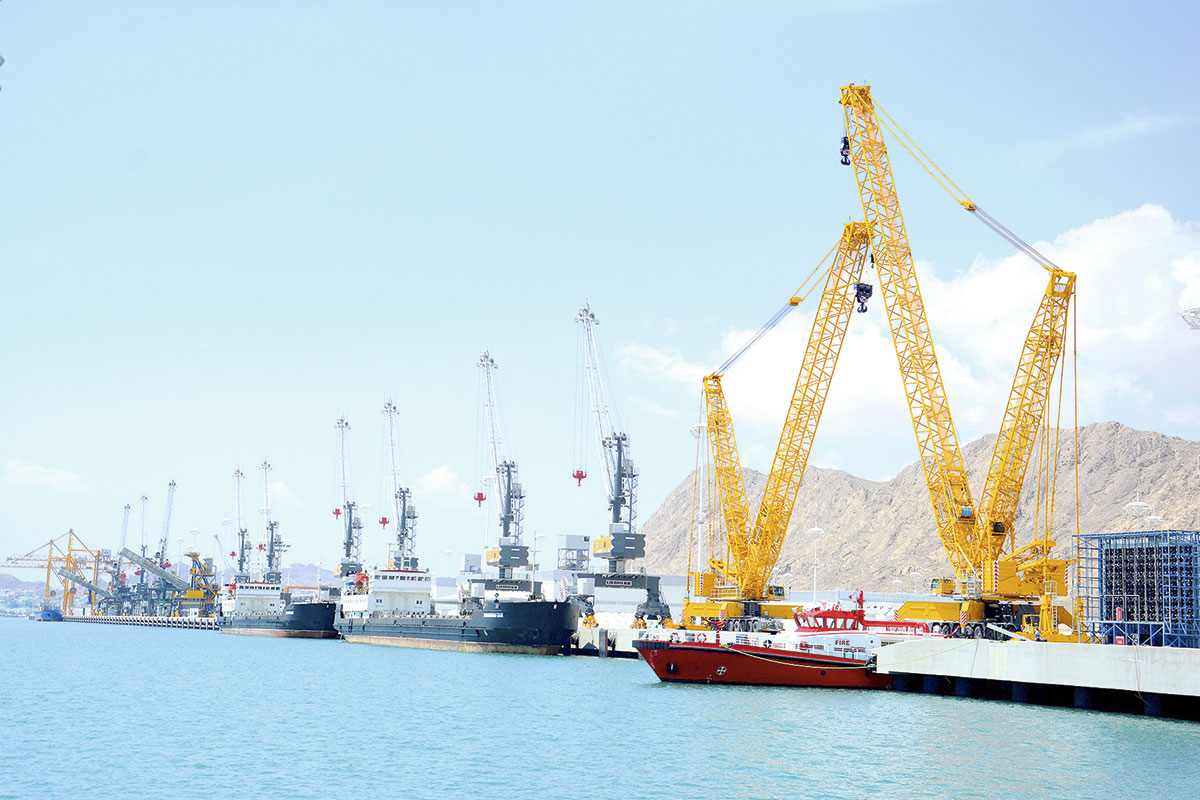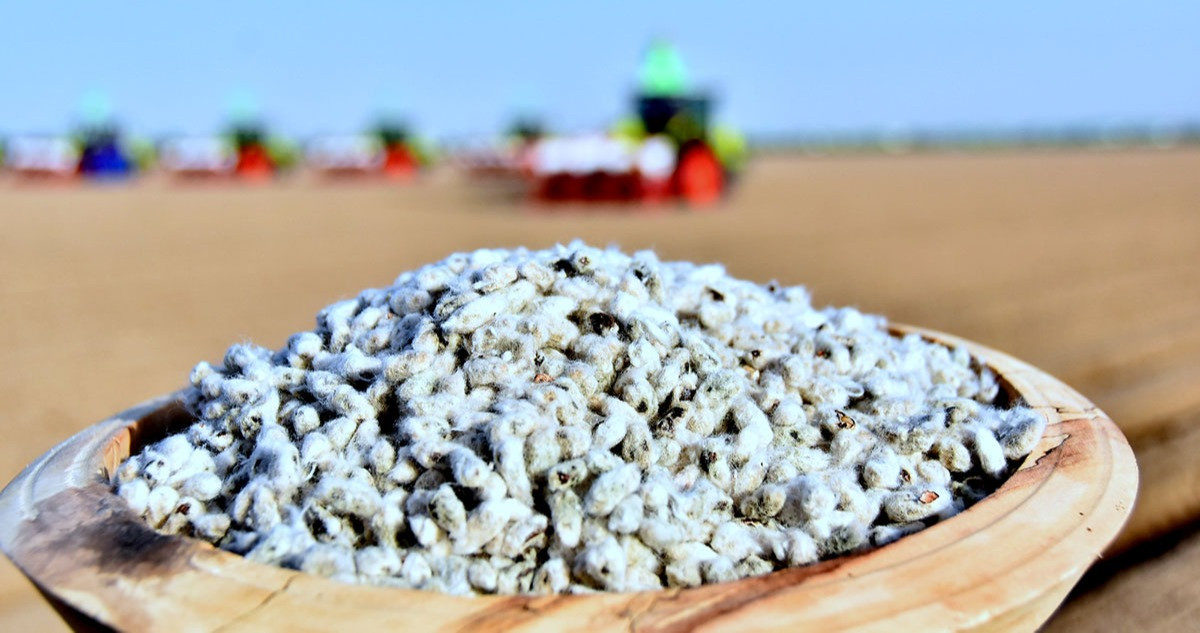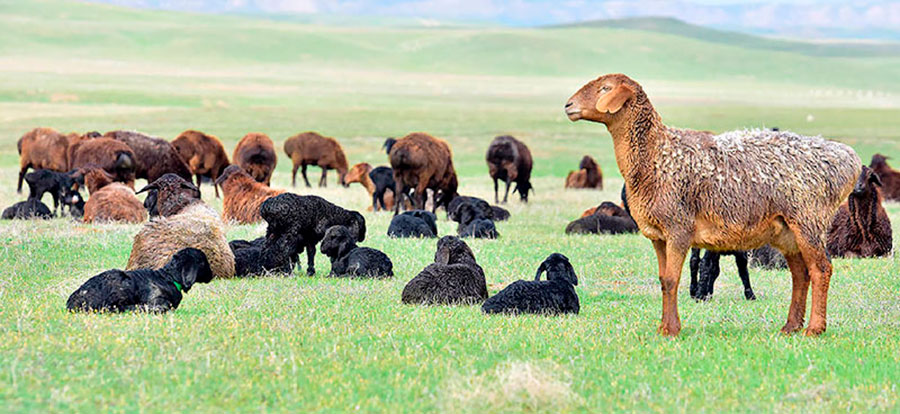Construction of three turkey houses (with a total capacity of 12, 000 turkeys) has now been completed at a poultry complex of individual enterprise Maskada Okgunly. They boast the latest equipment from Germany-based Prollage System CmbH and Witte Anlagenbau GmbH & Co. The integrated centralized computer-assisted systems are designed to automatically control and monitor microclimate and temperature, food feeding, water level, and poultry weighing.
The entrepreneurs have also completed construction of a poultry and by-product processing facility. The complex has a plant to produce special turkey feed. Taking advantage of cutting-edge European technologies, the complex will have an annual production capacity of 11,000 tons of poultry meat.
The Geoktepe-based complex, a leading turkey producer, was the first enterprise in Turkmenistan to start industrial-scale turkey production and processing. Maksat Ibragimov, who works as a coordinator, explains that the complex is greatly contributing to the development of a new poultry processing industry. An abattoir is tooled with equipment from French, Polish and Italian manufacturers. Specialized Australian-made equipment allows the enterprise to produce more than 50 delicacies as well as partially-cooked products.
Maksada Okgunly was the first importer of turkey eggs in the country. The enterprise used concessional loans granted by the government to build a hatchery and to purchase four innovative Belgian-made egg incubators with an annual hatching capacity of 730,000 poults and a production capacity of 13, 800 tons of live birds.
This year, the enterprise has continued to closely cooperate with French company Aviagen Turkeys Limited, which regularly supplies it with hatching eggs. Maksada Okgunly is working in collaboration with its suppliers to selectively breed local turkeys, while building a foundation for national turkey farming. This year, complex has hatched some 12,000 poults from organic eggs bought from the French partners.
Some of these birds are now being fed on pastures. For this purpose, two paddocks (1 hectare each) were built and planted with clover. They will allow the private producers to simultaneously keep and rear some 4,000 high-laying birds in open biologically sustainable environments.
The company’s specialists have developed a training system for turkey farmers. The complex also boasts a training facility where representatives of nearly 30 private farms are being equipped with specialized knowledge and expertise on pasture-based poultry raising.
As estimated, pasture-based farming is four times cheaper than non-pasture-based production. The meat from pasture-fed turkeys is more nutritious and more expensive. Organic turkeys grazing in the fields or padlocks do know require additional investment, but earn as good profits as farmed ones. This enables to provide a steady and continuous supply of poultry meat.
Seasonal paddocks allow farmers in Akhal, Mary and Lebap velayats to raise turkeys on grass and organic feed and produce protein-packed, but low in fat meat (like no other meat).
Turkey rearing is now becoming more and more popular with big producers and small private farmers alike.
Vladimir Komarov







